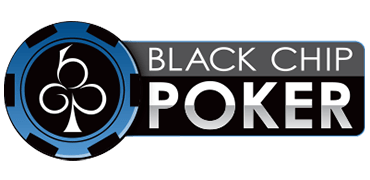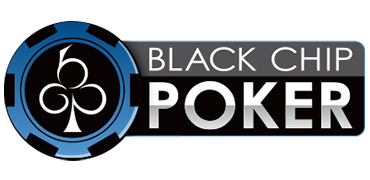Throughout the last few decades, optimal poker strategy has constantly been evolving. For years, many of the world's best players relied on live reads, experience, and their gut feelings in order to crush the highest of stakes. In recent years, the optimal poker strategy has heavily shifted towards the math of the game, weighing percentages and hand ranges to make the best possible play. We decided to break down several aspects of poker strategy, from online poker to live cash games, PLO, and more. Check out our breakdown below.
Strategy for Cash Games
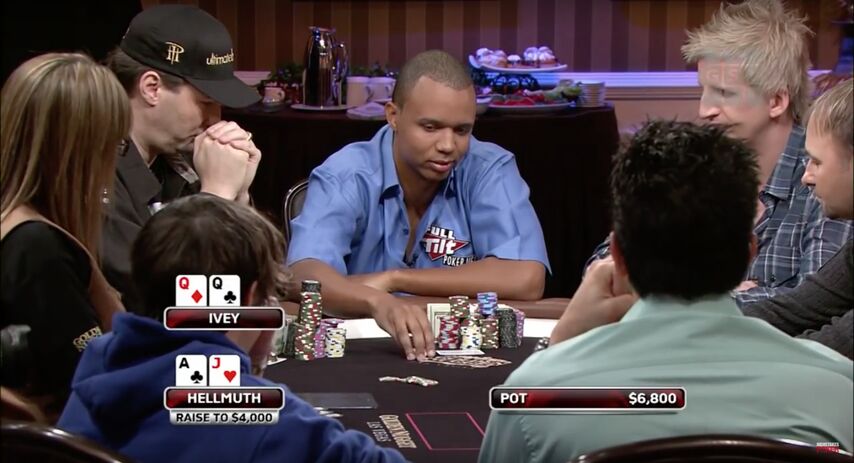
There are a few basic pointers that should be known before you decide to play cash games. For one, knowing what stakes to play, and how much to buy in for, are crucial skills that are vital for long-term success in cash games. Bankroll management is a key component of all forms of poker, so be sure you don’t buy into a game that is too high a stakes for you. You should also know that it is almost always the right decision to buy in for the maximum amount allowed, giving you the chance to play more hands and get max value from them.
There are some players who prefer to buy in for the minimum for cash games and try to double up early to start building a stack. Long term, this is a losing strategy. Ultimately, every hand in a cash game should be treated the same, because there aren’t varying factors like ICM and chip stack distribution that are driving forces as there are in tournament play.
- Increased first deposit bonus
- Increased rakeback and reloads
- Help with deposits and cashouts
- Access to private freerolls
- Round-the-clock support
Strategy for Tournaments
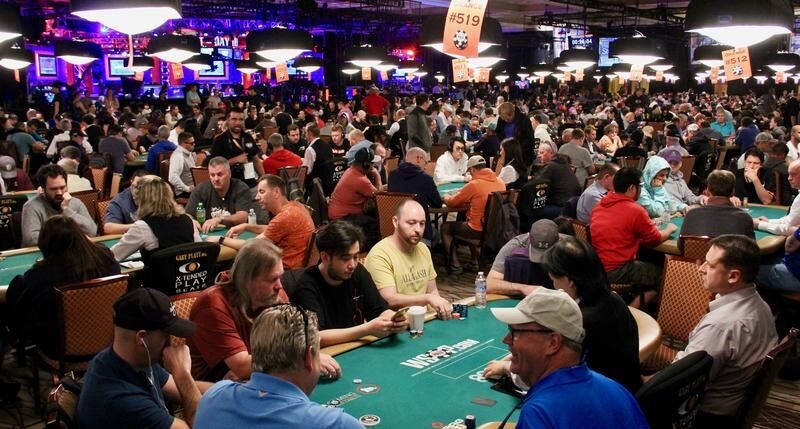
Tournament play and cash game play is often very different. The sooner you learn this, the more successful you will be in one or both. The presence of ICM, Independent Chip Model, is vital for tournaments, even more so later on in the event, specifically, the final table. Simply put, some hands are much more important than others in tournaments, and often times you might have to play your hand differently depending on stack sizes at your table, and the payouts up top.

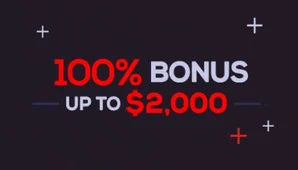
In cash games, every hand is the same in essence, so you can play your hands more in a vacuum than you can in tournaments, where it’s all about maximizing your equity in certain spots. Every chip has a certain value in tournaments, and it can often change in bigger pots towards the end, based on opposing chip stacks and the payouts. Just like anything in poker, the more experience you get, the more comfortable you will be at final tables where some players simply crack under the pressure.
Strategy for Online Poker
Just like how live tournament play is often very different than cash games, the same can be said for online poker compared to live poker. You get more hands in per hour in playing online as opposed to live, and you don’t have the obvious live tells you get in casino poker or home games, so you often have to rely more on either the math and hand ranges if that’s your preference, or just gut feeling, though again that’s a bit more difficult.
In addition, players will often gain an advantage by using online tools to give them access to player stats, including VPIP, Voluntarily Put In Pot, in order to gain that slight bit more of an advantage. It can be vital at times to make notes on certain players, as often times screen names will blur together. You don’t get the benefit of seeing your opponent’s faces, which makes it more difficult to remember them and how they play should your paths cross again in the future if you are playing on sites like 888poker and Pokerstars.
Strategy for Pot Limit Omaha
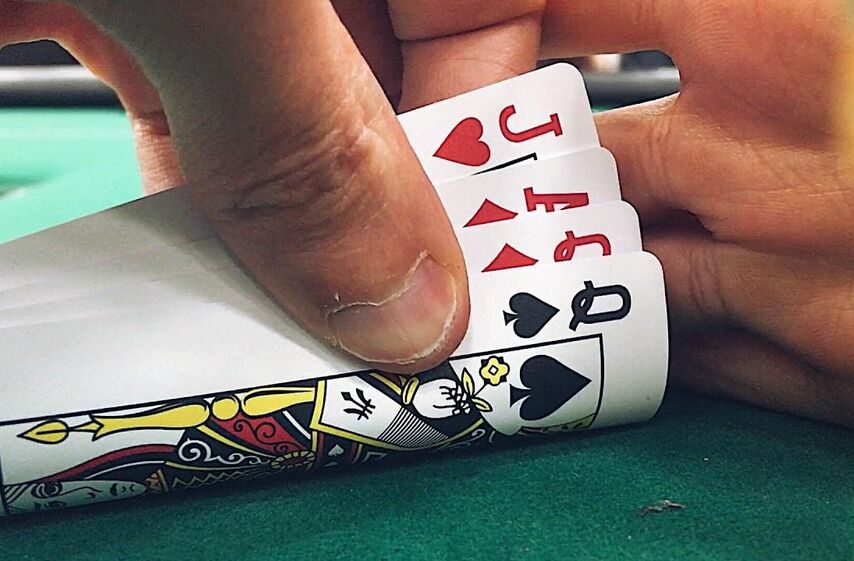
If you think the ebbs and flows of No-Limit Hold’em are intense, just wait until you add two more cards into everyone’s hands. Simply put, PLO is the game for players who really love action and gambling at the table. Because players have more cards, they in turn have more big hands and more big draws. As a result, you have to play your hands very cautiously at times, or very aggressively. Often times you can flop the nuts, say the top straight or top flush on board, and with the turn of a card, you can suddenly be drawing dead.
As a result, it’s important to pick and choose when you apply maximum pressure, and when it makes more sense to see another card and determine how your equiity has changed after. In addition, you don’t want to get in the habit of calling big bets with small flushes or small two pairs, as those hands are rarely going to be good once the river has been dealt. If you are a casual player who is looking to get more serious about their PLO game, one of the best ways is to watch instructional videos or hand breakdowns by many of poker’s greats, like Phil Galfond, who often post tips and strategy videos on their pages.
Best Strategy for Beginners
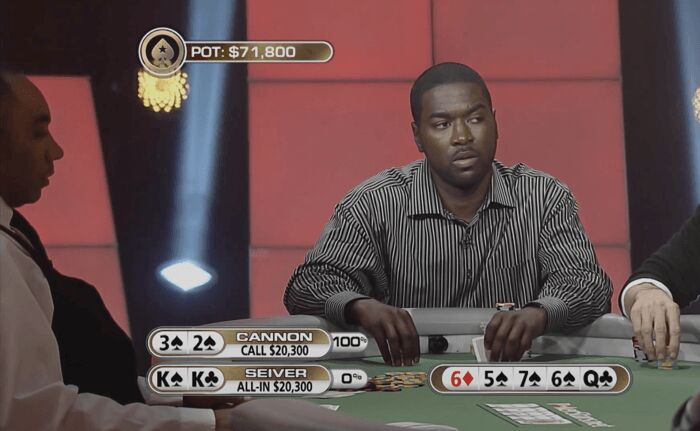
In general, it is beneficial for beginners to bet more aggressively, perhaps even over-betting at times, in order to cut down on the potential skill edge that a more experienced player may have. This is even more important in preflop situations, as a more experienced player will almost always have the advantage post-flop, having learned from previous similar situations and hands to guide them.
In essence, a beginner should be looking to up the variance as much as possible, and leave their fate more in the hands of the cards, rather than in the hands of their opponents, or their inexperienced selves. Long term, the beginner is going to lose post-flop to more experienced players. Beginners also often make up their minds on how they will play a certain hand before the board is even dealt, which is a dangerous hobby to create. While bluffing is essential for long term success, it’s even more improtant to recognize the turn and river cards that make bluffing more advantageous, and when those cards change the dynamic of the hand to make bluffing more -EV than +EV.
Advanced Poker Strategy
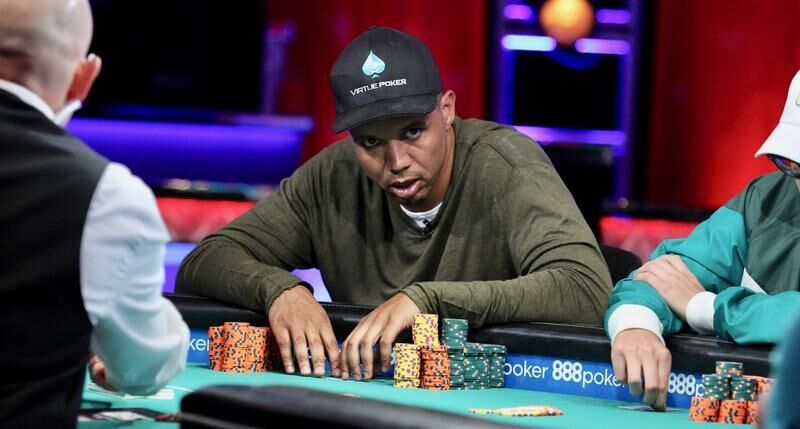
It stands to reason that many of our talking points here will be the opposite of the advice given to beginners. A more advanced player will always look to cut down on the variance of the game, choosing more to rely on their own abilities, understanding of the math, and often, their gut feelings on what they need to do in order to win the pot. Advanced players will often look to control the size of the pot by checking in spots where some amateurs would bet, and potentially be put into a tough position by a polarizing check-raise.
In general, they also look to avoid big hands that are likely to be coin flips. Many poker pros will play hands like Ace-King and small pairs fairly passively, while a beginner is more likely to want to get the chips in when they think they have a decent edge, and simply hope that the cards are on their side in this particular hand. An advanced player will also know how to disguise their bluffs better, making their lines more balanced and in line with the big hands they would have as well. Lastly, advanced players understand hand ranges from various raising positions, and are able to play their own hands accordingly. If they believe their range is ahead of their opponents, they will bet it as such, even if they are bluffing in that specific hand. An advanced player is also not as fearful to look foolish by making a big move with nothing, and in the long run, that makes them more dangerous.
- Increased rakeback and personal bonuses
- Help with deposits and cashouts
- Access to mobile applications
- Solving problems with accounts
- Technical support
- Questions about the site and forum




























